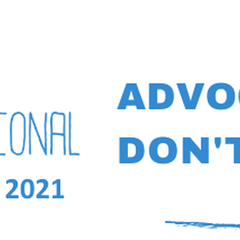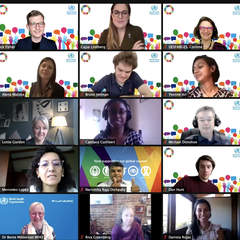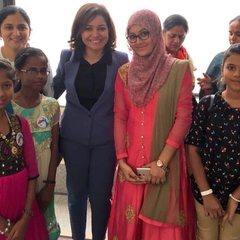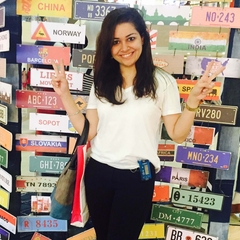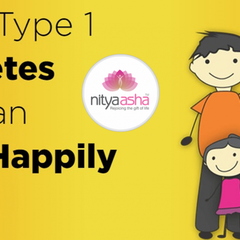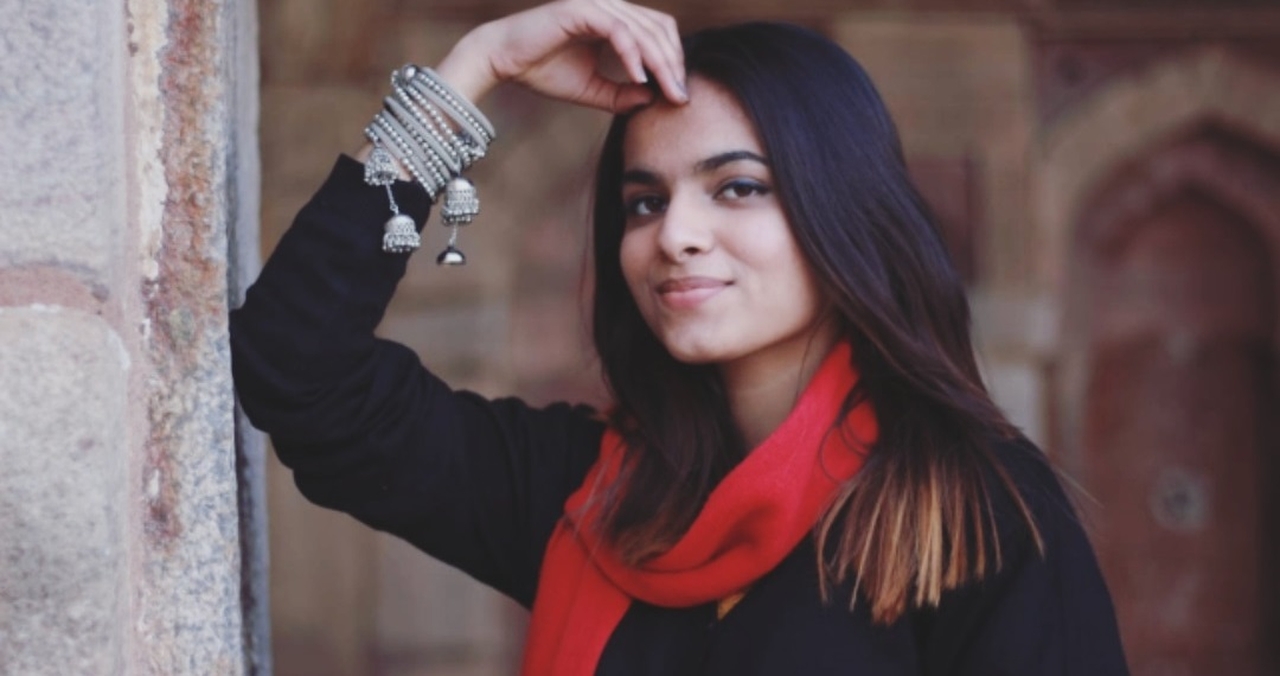
Type 1 Diabetes, Disability, and the Role of Legislation in Advocacy
9 Apr 2021, 11:48 a.m. in Global Stories by Pramita Jasuja
Every new type 1 diabetes (T1D) diagnosis can be intimidating, both for the person and the family members. Many people with T1D are told they should be able to live a "normal" life and that they can do everything that a person without diabetes can do.
As a newly diagnosed child with blood sugar levels of over 570mg/dl, all that was on my mind was T1D. But a year post-diagnosis, when daily needles became the new normal, I was told by my family that I was completely fine and that there “was no need to tell anyone” about my medical condition. “I am normal” was stuck in my mind and I took it very seriously. So much so, when my endocrinologist asked me as the "patient” to sit near her chair, I replied: "I am not a Patient.” Both my parents and the endo smiled.
It's been 7 years since that incident and I now reflect on my statement, especially over the word “normal”. Calling yourself “disabled” can have negative connotations attached to it. People often refrain from using that word, as if living with a disability is abnormal. Though if we do this, we deny a part of us. When it comes to legalities, the word “disability” is significant. Disability legislation considers people living with disabilities as subjects who possess rights capable of claiming that they have a disability - not those simply given charitable treatment. This was spelled out in the UN Convention on the Rights of People with Disabilities (CRPD), the human rights convention that hit the highest number of signatories.
I live in India. It’s one of the countries that has ratified this convention, but it’s also a country where myths and stigma overtake the real issues. A report by WHO found that in low-income countries where superstitions surrounding diabetes are common, the fatality rate is high. India is no exception. Due to a lack of proper health care facilities and a lack of national registry exclusively for T1Ds, children in the country are facing late diagnosis and even death. Considering the level of poverty in the country, blood test strips and continuous glucose monitors (CGMS) should be subsidized. Unfortunately, that is not the case. People with T1D are rationing them, which makes diabetes management challenging. Plus high blood sugar levels and/or ketones hinder the ability to perform “normal” day to day activities.
Insulin is like water. Someone with T1D can not live without it, but medical insurance in India does not cover it, and not every type of insulin is subsidized. So for those with T1D and financial struggles, there are the worries about the price of life-giving insulin and medical supplies.
After considering these facts, let’s look at the definition of “person with a disability” under the Rights of People with Disabilities Act (RPWD) 2016 that was enacted after India ratified CRPWD: “a person with long term physical, mental, intellectual, or sensory impairment which, in interaction with barriers, hinders his full and effective participation in society equally with others.''
The sad part, however, is that T1D is not considered a disability under this Act, even though the current problems faced by people with T1D in India do “hinder (their) full and effective participation in society equally with others”. I’m arguing that you can not tell every T1D to live “normally” when the condition doesn’t always allow for it. The community is suffering silently and legislative action is being denied.
It is through the recognition of injustices and assertion of our rights that we can ensure equal opportunities. T1D advocacy is emerging in India and as a collective we are highlighting these issues. Change is happening. In 2020 in Kerala High Court, a public interest litigation was filed over the issue of including T1D in the list of disabilities and creating a national registry for people with T1D. This step is important. Recognition of T1D as a “disability” would obligate the government to fulfill what is laid down in the Act, for example providing affordable and accessible health care, ensuring the implementation of non-discrimination clauses and creating special faculties at educational institutions.
Seven years after that endo visit incident, even though I will never be able to deny that I am a patient, what I can do is advocate for patient rights. At a macro level this means standing up for the community. Recognition under the legislation of people with diabetes as those with disabilities is the first step, a chapter in the book of advocacy in my country of India.




